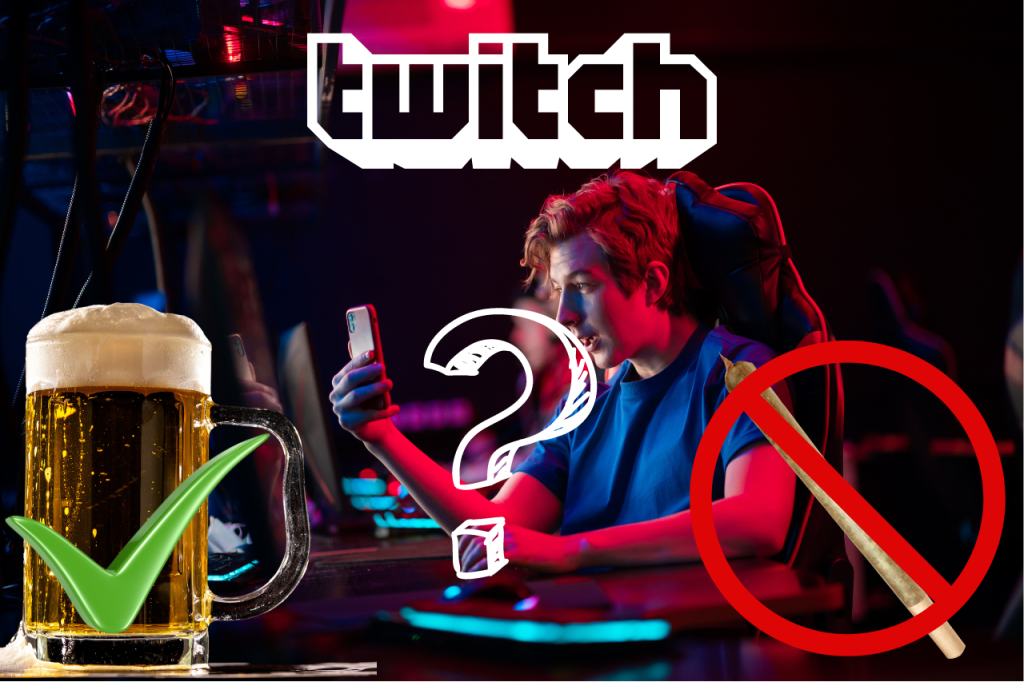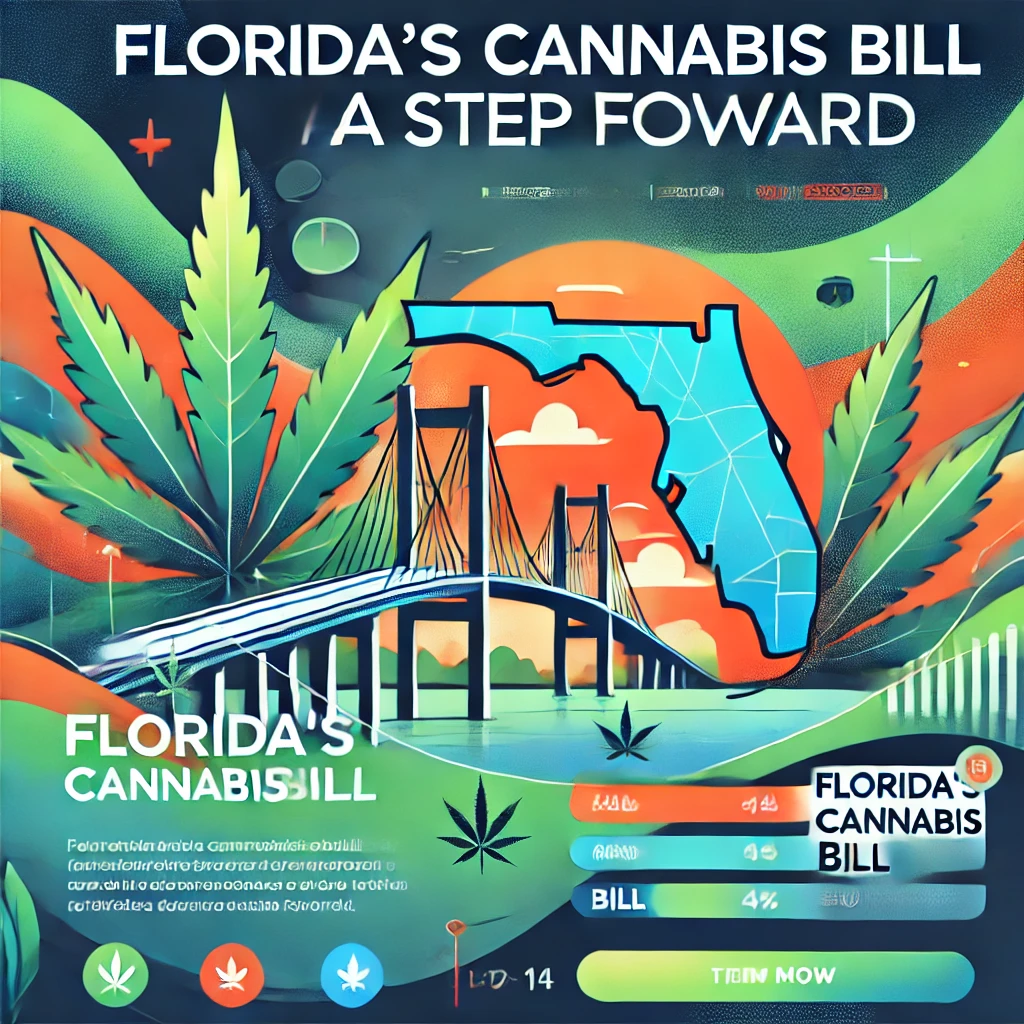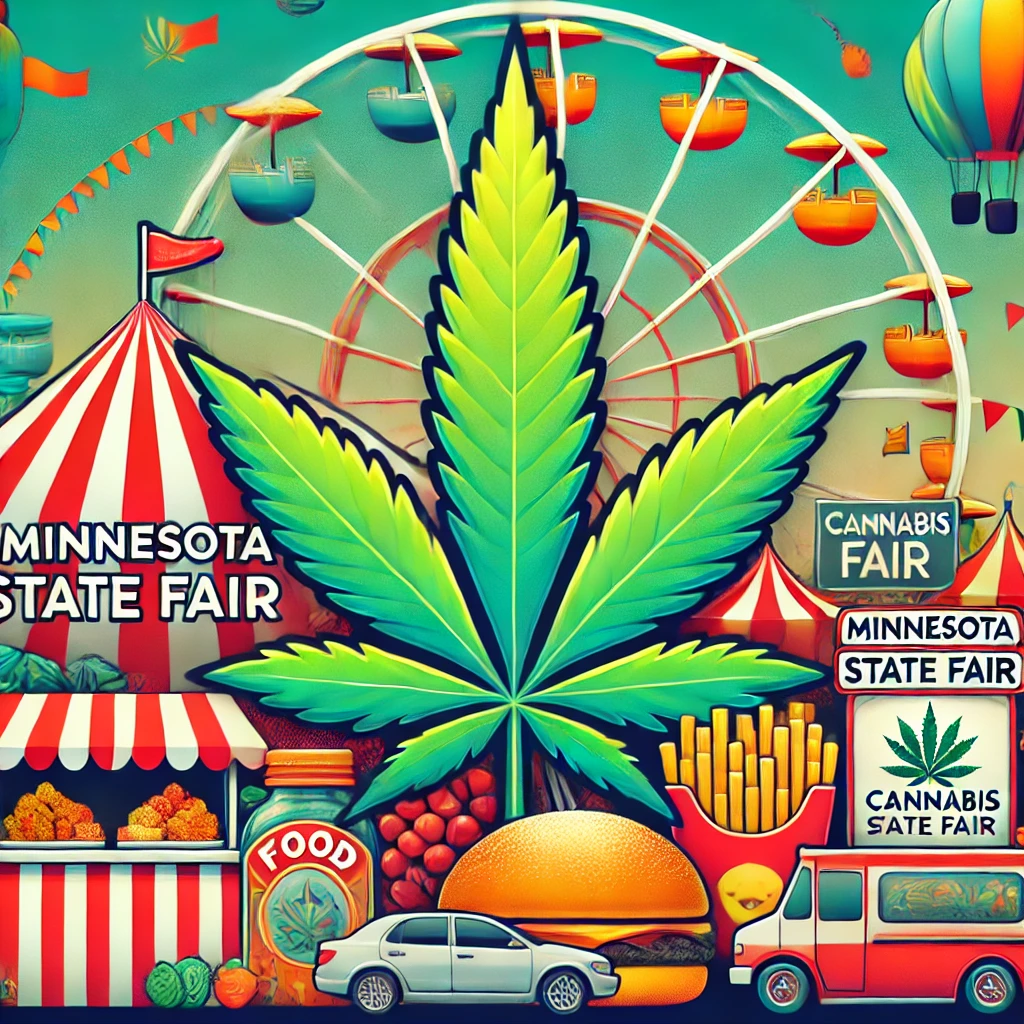In an unexpected twist, Twitch, the popular online streaming platform, has implemented a ban on cannabis advertising, sparking a significant debate within the cannabis community and beyond. This move by Twitch, owned by Amazon, has raised questions about potential double standards and the necessity of such a ban in comparison to their allowance of alcohol advertisements.
Twitch recently revised its branding policies, resulting in a prohibition on cannabis companies from purchasing ads or sponsoring streamers. Surprisingly, the platform still permits the promotion of alcohol products as long as they are marked as mature content. This discrepancy has caused concern among many, especially considering that Twitch allows users to consume cannabis on-stream if they are of legal age and reside in a location where cannabis is legal.
The ban encompasses more than just cannabis advertising, extending to tobacco products, weapons, adult-oriented products or services, specific medical services and products, certain financial services, and political content. It is worth noting that while Twitch has taken a strict stance on cannabis, its parent company Amazon has expressed support for national cannabis policy reforms.
With a user base primarily consisting of younger viewers, Twitch faces a unique challenge. According to a 2023 report by Backlinko, an astonishing 41% of Twitch users fall within the 16 to 24 age range, while 32% are between the ages of 25 and 34. Considering the majority of Twitch’s users are under 35, and a significant portion may be underage for cannabis use, concerns regarding the potential impact of cannabis advertising on younger audiences are valid.
Exposing younger users to cannabis advertising could normalize its use, leading to early experimentation and potential misuse. While Twitch has implemented mechanisms to restrict mature content to appropriate age groups, these systems are not foolproof, as underage users may lie about their age or use an adult’s account to bypass these restrictions.
From a responsible perspective, Twitch’s ban on cannabis ads can be seen as a necessary measure to safeguard its younger audience from potential harm. However, this raises the question of why alcohol advertisements are still allowed if the aim is to protect young users.
Alcohol, like cannabis, is an adult-restricted substance that can have harmful effects if misused. Therefore, Twitch’s policy appears inconsistent or even hypocritical, as it bans cannabis ads while permitting alcohol ads. This inconsistency suggests that the policy may be influenced by societal perceptions and biases towards different substances, rather than solely prioritizing the protection of young users.
A complete ban on cannabis advertising, as implemented by Twitch, could be perceived as a heavy-handed approach that fails to consider the nuanced aspects of the issue. Alternatively, a regulatory approach that allows cannabis advertising under specific conditions and restrictions could offer a more balanced solution. Such an approach would support the cannabis industry, acknowledge the legal status and growing acceptance of cannabis, provide valuable information to adult users, and take measures to minimize potential harm to younger audiences.
This flexible and adaptable approach recognizes the evolving legal landscape and societal attitudes towards cannabis. It encourages discussion around Twitch’s controversial ban on cannabis ads while allowing alcohol promotions to flourish. Is there a double standard in Twitch’s policy? Should cannabis receive equal screen time as alcohol? We invite you to join the conversation in the comments section below and share your thoughts. Let’s continue this burning dialogue!





